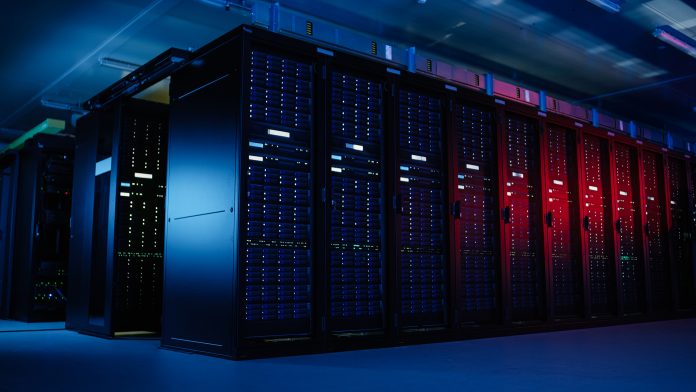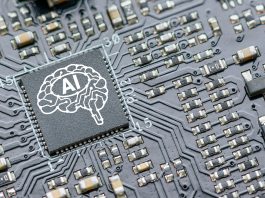The European Commission has announced a new plan to fast-track access for Artificial Intelligence start-ups to EU supercomputers.
EU supercomputers will help start-ups train their models and understand the impact of AI.
Speaking as part of the latest State of the Union Address, Ursula von der Leyen, President of the European Commission, stated: “Europe has now become a leader in supercomputing, with three out of the five most powerful supercomputers in the world. We need to capitalise on that.
“We need an open dialogue with those that develop and deploy AI,” she added.
Ensuring safety and trust in AI development
IPCC makes an invaluable contribution to providing the latest science on climate change to policymakers.
“I believe we need a similar body for AI – on the risks and its benefits for humanity, with scientists, tech companies, and independent experts around the table,” von der Leyen said.
“This will allow us to develop a fast and globally coordinated response.”
The Commission will work with AI companies so that they voluntarily commit to the principles of the EU’s proposed AI Act before it comes into force.
With negotiations ongoing, the AI Act could be adopted early next year, but von der Leyen warned, “We have a narrowing window of opportunity to guide this technology responsibly.”
Improving access and knowledge surrounding EU supercomputers
The initiative on access to EU supercomputers to train AI models will facilitate access for ethical and responsible AI companies.
Kimmo Koski, CEO of CSC – IT Centre for Science in Finland and coordinator of the consortium which manages the LUMI supercomputer in Kajaani, welcomed the announcement. However, he stressed access is not the main issue.
“EU supercomputers are already available for AI research. The largest projects in Finland are AI, and some of the EU projects also have an AI flavour,” he said.

“I think the important thing, in addition to resources, is to find ways to fund support services for start-ups.”
Andrea Renda, senior research fellow at the Centre for European Policy Studies, said the initiative is a good idea.
She explained: “This computer infrastructure will be competing with the ever-growing infrastructure of the large tech giants.
Not only do these have unbelievable computer infrastructure, but they also provide a cloud-based environment where you can have a full stack of services to customise your solutions, mostly starting from foundational AI models.”
Europe’s strategic autonomy
The plan for accessing EU supercomputers ties in with the theme of strategic autonomy, which is central to von der Leyen’s mandate.
Just like the joint initiative to develop a vaccine for COVID-19, the EU must pull together to support other key technologies like Artificial Intelligence.
To do so, von der Leyen urged parliament and member states to come to a quick agreement on the Commission’s proposal for the new Strategic Technologies for Europe Platform (STEP).
“With STEP, we can boost, leverage, and steer EU funds to invest in everything from microelectronics to quantum computing and AI,” she said.









